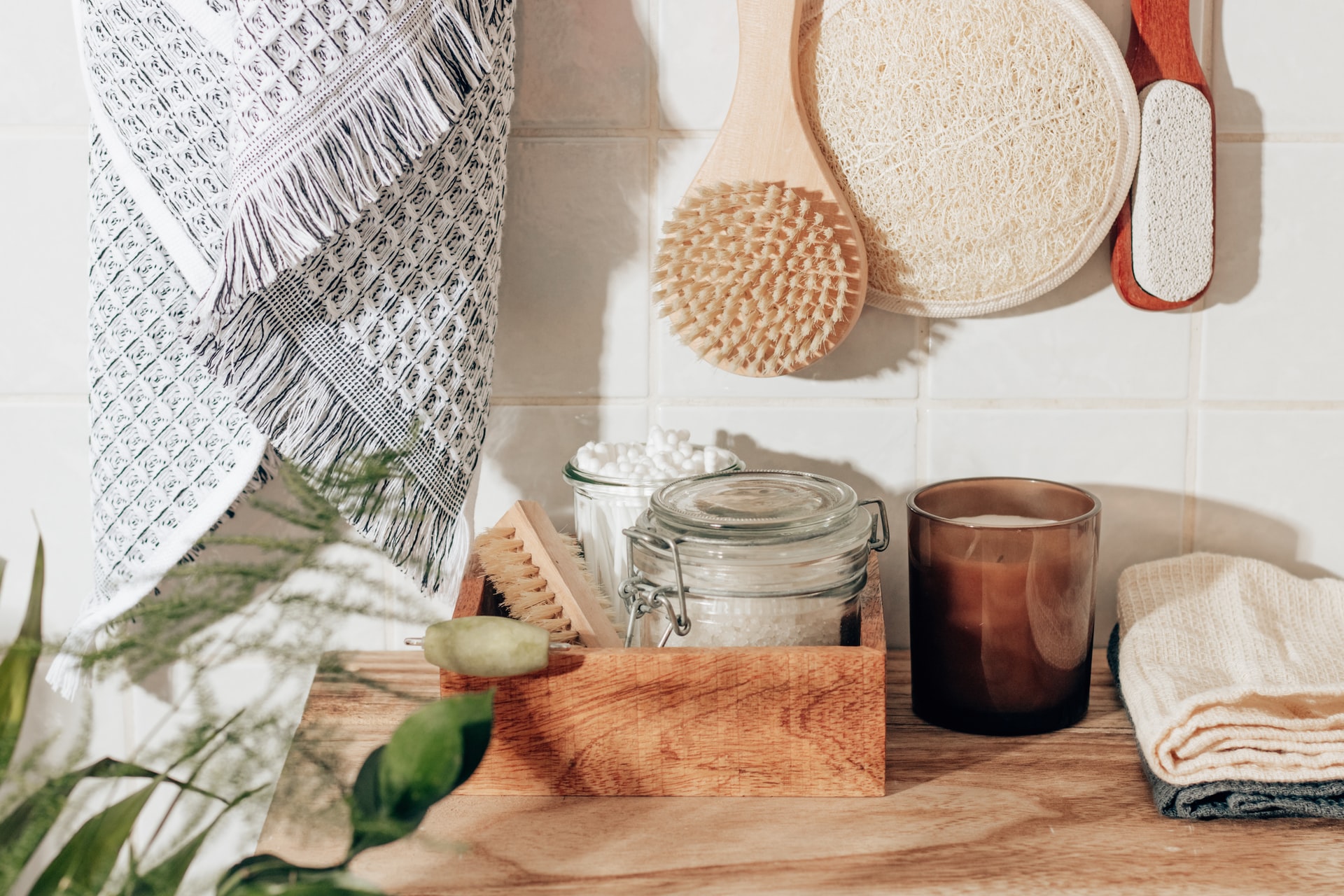Money may grow on trees after all, since going ‘green’ has become the latest way to save cash.
For the majority of us, installing a bio-gas waste digester under your pooch’s kennel or covering our roofs in solar panels is just not feasible. Fortunately, there are small changes you can make in your home that translate into a big difference to both the environment and your bank balance.
1 Lighten up
‘Awareness is the first step to living a greener lifestyle and saving on costs,’ explain environ-mental consultants Henk de Kock and Shannon Fletcher of Green Earth Consulting Services. Begin by turning off lights when you’re not in a room – and unplugging electronics that are not in use.
Shannon and Henk also suggest replacing your regular bulbs with compact fluorescent lamps (CFLs). ‘Although CFLs cost a bit more to start with, they use only one-third (or less) the electricity normal bulbs do and last up to 15 times longer.’ CFLs are readily available at most grocery stores.
To save even more on your power bill, switch to energy-efficient appliances the next time your toaster or washing machine packs up (check the labels – A-rated is the best).
2 Water affairs
Water being such a precious resource, we need to avoid unnecessary wastage. Regularly check all taps for drips and leaks. ‘And install flow regulators. These reduce water flow from your taps by up to 60%,’ explains Shannon.
Next, restrict those leisurely soaks in the tub and opt for showering instead. And before you leave the bathroom… ‘It takes up to nine litres of water to flush a standard toilet,’ says Marloes Reinink of Solid Green Consulting. She suggests putting a 1.5 bottle of water in the cistern. The bottle then takes up space so the cistern only refills (and flushes) 7.5. In six flushes, you’ll have saved those nine litres!
Reduce your water bill further yet by harvesting rainwater. This involves connecting gutters to a storage tank to collect rainwater, which can be used for irrigation.
3 Lean, mean, green cleaning machine
Another place to start making conscious changes is in the kitchen. Look in your detergents cupboard. Chances are, it is filled with toxic cleaning products, which are likely to be dangerous for your health and bad for the environment.
Make the switch to eco-friendly, biodegradable products, most of which have multiple uses around the home. They may be a touch more expensive, but with four or five different applications, they’ll save you money in the long run.
Shannon and Henk suggest using ordinary household items, such as vinegar, to keep your home clean. ‘You’ll be surprised to see that the product that goes so well with slap chips actually has a long list of uses around the house,’ says Shannon.
4 You are what you eat
Your waistline and the planet will thank you for becoming more aware of your food choices. Buying locally grown, seasonal fruit and vegetables will not only save some cash, but also aid the local economy. Plus you’ll be reducing your carbon footprint, as your food doesn’t have as far to travel to get to your local grocer.
Growing your own vegetables or herbs is an even better way to mitigate your carbon footprint. You don’t even need a large garden to do this, just a few pots on a balcony.
Our oceans aren’t in great shape at the moment either, but you can help. ‘Research the conservation status of the seafood you purchase and report outlets selling fish that’s listed as red (“do not buy”) by the WWF Southern African Sustainable Seafood Initiative,’ says Henk. Check out www.wwfsassi.co.za or pick up a booklet at supporting shops.
5 Wise waste
Choose products presented in fully recyclable packaging wherever it’s possible. Contact your local municipality to find out where your nearest depot is. Marloes also advises using boxes to sort through your waste – start with one each for paper, plastic, glass and organic waste. You may not see much of a financial return, but the benefits for the planet are worth it.
‘Set up a worm farm out in your garden to dispose of food waste such as eggshells and vegetable peels,’ she says. This compost can then be reused as fertiliser. Nurseries and most hardware stores supply different sizes of ready-made worm farms, to suit your needs.
6 Everyday savings
The next time you need to pop down the road for bread and milk, grab the kids and the dog and take a stroll instead of driving. You’ll not only save on petrol, but you get some exercise and fresh air too.
Carry your groceries home in reusable canvas bags instead of purchasing plastic ones at the shop. Plastic bags are not biodegradable and require a sizeable amount of energy to produce.
Words: Tracy Branfield | Images: Unsplash







